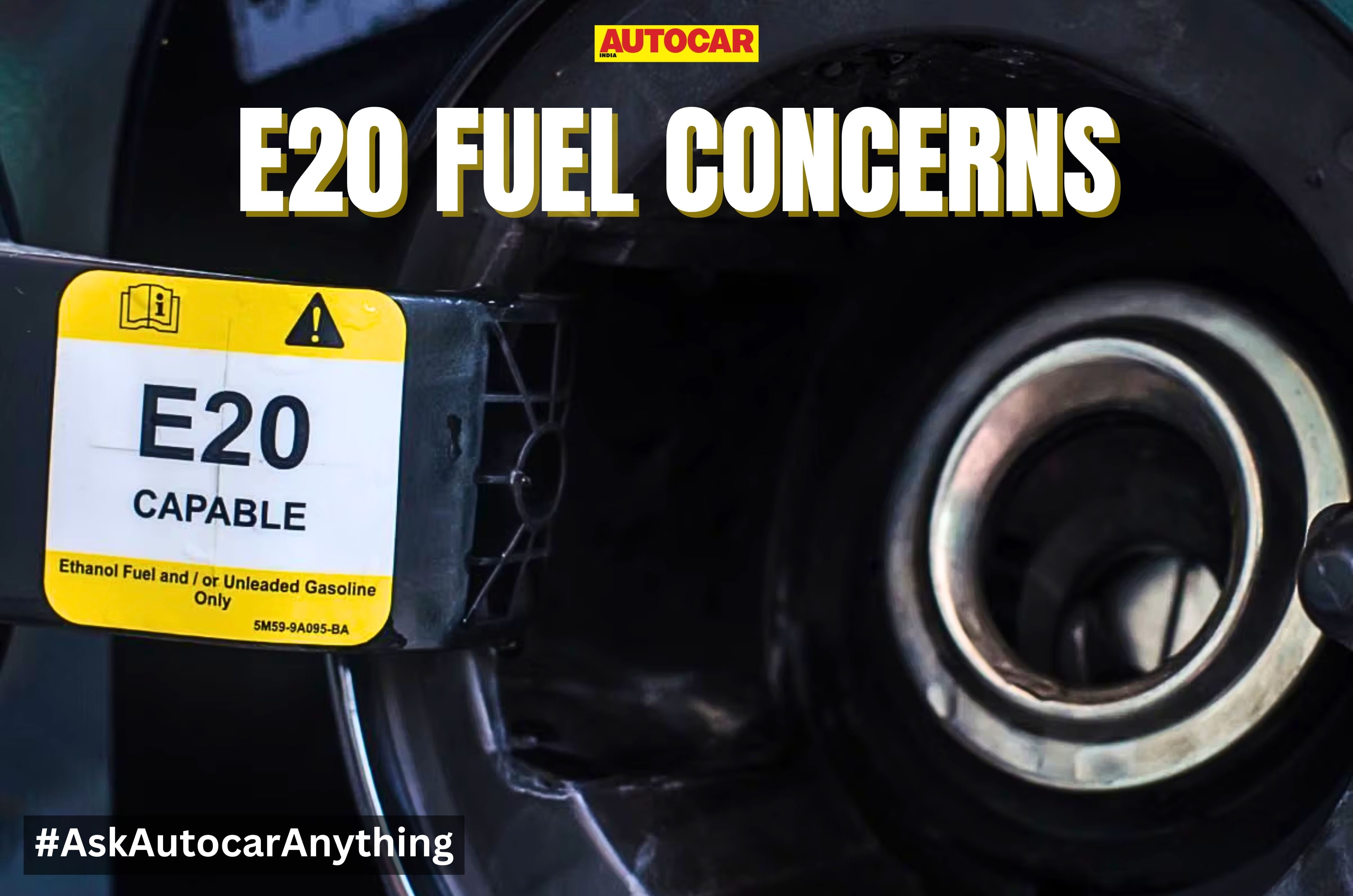
Most cars made in India before April 2023 are not designed to run on E20 fuel. Car owners are reporting mileage drops and worrying about long-term engine health. On social media, anecdotes of 15-20 percent efficiency loss are common. The Automotive Research Association of India (ARAI) says its controlled tests show a much smaller dip of around 1-6 percent, depending on the vehicle, and no significant wear and tear even after extended use.
The government is leaning heavily on this ARAI study to reassure motorists, pointing out that E20 has been quietly available in select markets for years without widespread mechanical failures being reported. However, carmakers have remained silent on this subject and are not accepting the liability for any damage done to engines not compliant with E20 fuel.
Will using E20 fuel harm my car?
If your car or bike is not certified for E20 fuel, it could cause accelerated wear and tear to certain components, but the extent of the damage depends on multiple factors, such as the engine’s age and the technology. It’s fair to say that in most cases, the damage isn’t instant or catastrophic, like filling petrol in a diesel car. However, over time, corrosion and material degradation will occur.
Ethanol degrades plastic and rubber components.
The fundamental issue is ethanol’s corrosive nature. The increased ethanol content in your fuel tank will eat away at plastic and rubber components that it comes in contact with. Thus, fuel lines, hoses and gaskets that are not compatible with E20 will degrade over time, with problems like shrinkage or swelling and cracking from brittleness.
Ethanol is corrosive.
Ethanol is also hygroscopic, which gives it a propensity to absorb moisture from the air, and this can cause metal parts, such as the fuel tank, to corrode over time. Moreover, if left idle for a long period, this water separates from the petrol, which can cause further problems to the fuel system. Thus, it is not wise to leave high-ethanol-blended petrol idle for long periods, which run into weeks and months.
Ethanol is a strong solvent.
Ethanol is also a solvent, which can strip away deposits in the tank. While this may come across as a good thing, the stripped away materials can clog filters and injectors, which leads to poor performance and increased maintenance.
Will using E20 fuel void my vehicle’s warranty?
Strictly speaking, using E20 or any fuel beyond what is recommended in the owner’s manual can void a warranty. Some automakers have responded saying the same. The truth is that even if there is not a big risk, manufacturers don’t want the liability, as the engines were designed to operate on E10 or lower. However, given the magnitude of the move to E20 and the fact that this is not directly a result of owner negligence, some brands may take a slightly sympathetic view. This is a core issue that is troubling owners who are forced to use E20 fuel in engines not designed for this, while automakers and oil companies have absolved themselves of any responsibility. This is one reason why consumers are demanding E10 fuel for older vehicles.
How do I know if my automobile can use E20 fuel?
Vehicles manufactured between 2012 and 2023 are E10-compliant, whereas all vehicles manufactured after April 1, 2023, are required to be E20-compliant. However, it is important to note that manufacturers began implementation of the blended fuel compliance before the deadline and in a phased manner across their model portfolio. Thus, check your vehicle’s owner’s manual for the actual fuel recommendation; this is very often listed at the very beginning of the book.
Also see:
E20 petrol in India: What is it and why it’s being rolled out

